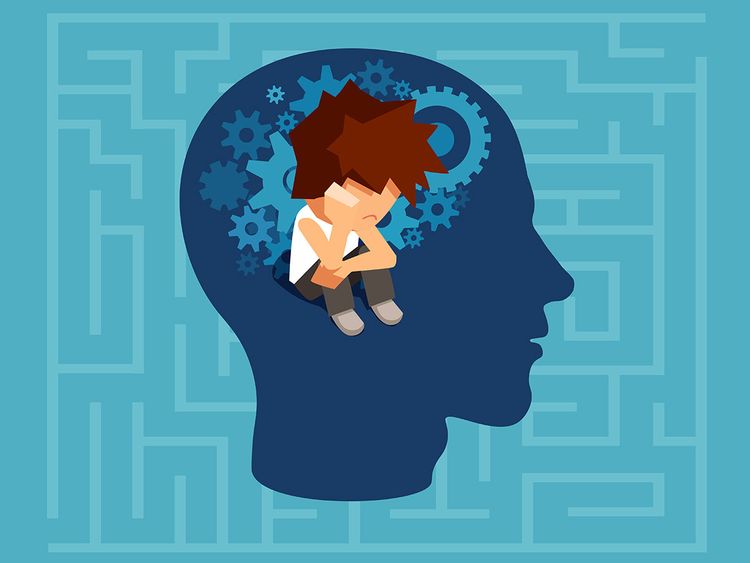
Recovery and Resilience: Navigating Adulthood After Childhood Trauma
Childhood trauma casts a long shadow that extends into adulthood, shaping the mental, emotional, and physical landscape of an individual’s life. The profound effects of these early experiences are far-reaching, and their impact varies based on factors like the nature of the trauma, its duration, an individual’s coping mechanisms, and the support they receive along their journey. Here, we delve into how childhood trauma can affect adults, recognizing the complexities and challenges they may face:
Emotional and Psychological Effects
Post-Traumatic Stress Disorder (PTSD): Childhood trauma can lay the foundation for PTSD in adulthood, leading to haunting flashbacks, distressing nightmares, and overwhelming anxiety.
- Depression: The specter of childhood trauma can heighten the risk of depression in adulthood, shrouding individuals in persistent feelings of sadness, hopelessness, and diminished self-worth.
- Anxiety Disorders: Trauma can be a catalyst for anxiety disorders such as generalized anxiety disorder, panic disorder, or social anxiety disorder, exacerbating the daily battle with fear and unease.
- Dissociation: As a survival mechanism during trauma, some individuals resort to dissociation, mentally detaching from reality. This coping mechanism can persist into adulthood, creating disconnection.
- Emotional Dysregulation: Childhood trauma can disrupt emotional regulation, leading to tumultuous mood swings, anger management issues, and impulsivity.
Relationship Challenges
- Attachment Issues: Trauma’s disruptive force can undermine healthy attachment patterns, making it challenging for adults to form and maintain nurturing relationships.
- Trust Issues: Those who experienced betrayal or abuse as children may grapple with trust issues, hindering their ability to forge meaningful connections.
- Codependency: Seeking validation and self-worth through relationships can become a codependent pattern for some trauma survivors, perpetuating emotional turmoil.
Physical Health Consequences
- Chronic Health Conditions: Childhood trauma is intertwined with a higher risk of chronic health issues, including heart disease, diabetes, and autoimmune disorders, underscoring the profound mind-body connection.
- Substance Abuse: As a means to cope with emotional anguish, trauma can elevate the risk of substance abuse, casting a shadow over one’s physical well-being.
Self-Esteem and Identity
- Low Self-Esteem: The corrosive effects of childhood trauma can corrode self-esteem, leading to negative self-perception and relentless self-criticism.
- Identity Issues: The tumultuous experiences wrought by childhood trauma can leave individuals grappling with a fragile sense of self and identity.
Cognitive Effects
- Impaired Cognitive Function: Trauma’s reverberations can extend into cognitive functioning, impacting memory, attention, and decision-making abilities.
Repeating Patterns
- Repeating the Cycle: Adults who bore the weight of childhood trauma may unconsciously perpetuate similar patterns in their own relationships and parenting styles, revealing the insidious nature of intergenerational trauma.
It’s paramount to remember that not every survivor of childhood trauma will manifest these challenges. Many individuals are inherently resilient and can transcend the shadows of their past with the aid of support and therapy. Seeking professional help, whether through therapy, counseling, or support groups, can be instrumental for those who have endured childhood trauma. Trauma-focused therapies, such as EMDR (Eye Movement Desensitization and Reprocessing) and trauma-focused cognitive-behavioral therapy (CBT), offer effective strategies to process past experiences and develop healthier coping mechanisms. Moreover, cultivating a robust support network and practicing self-care are crucial steps on the path to healing from the enduring impact of childhood trauma.